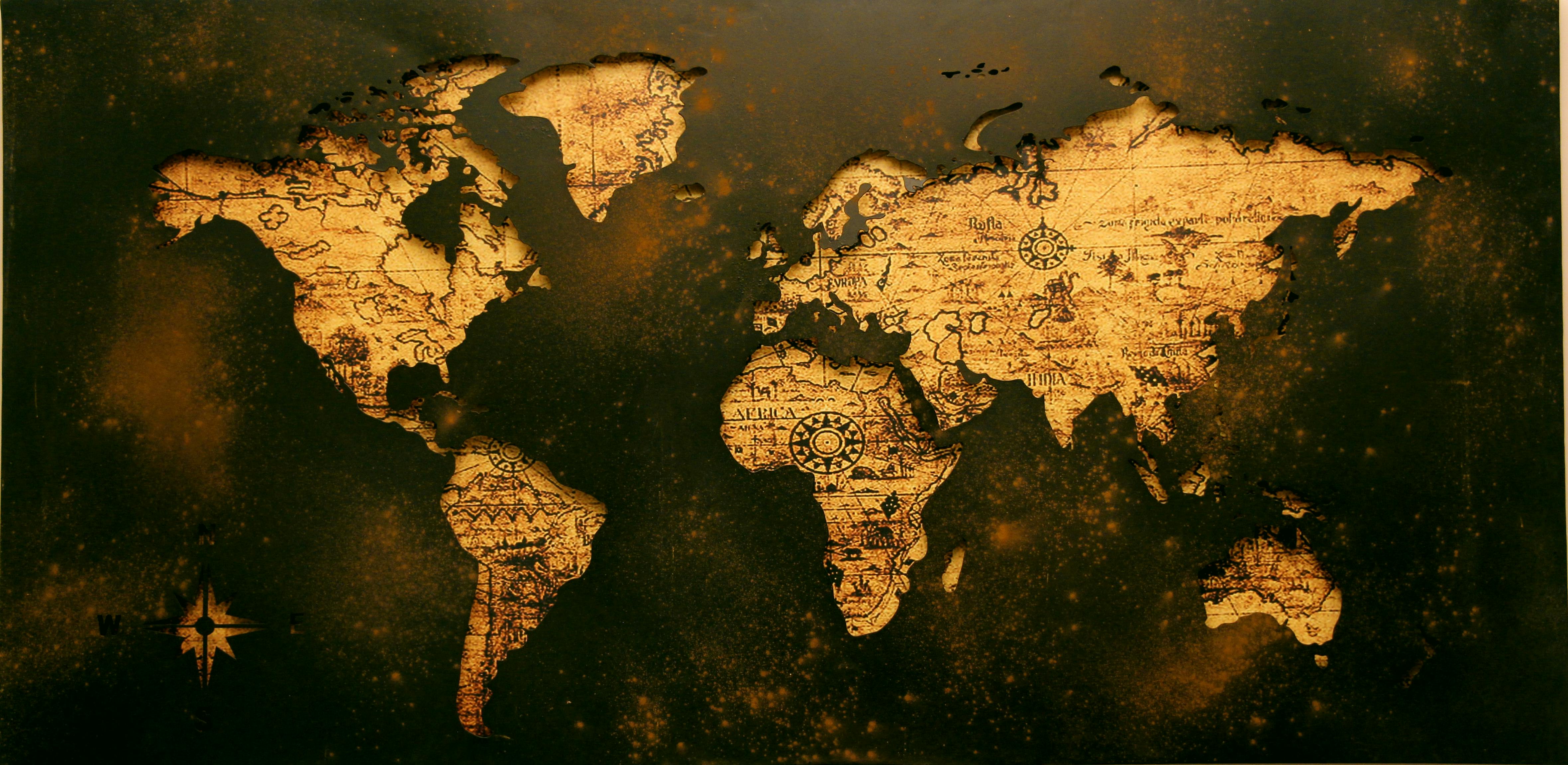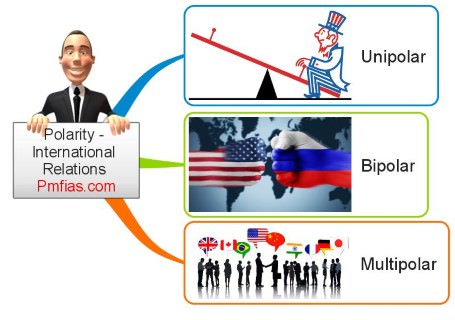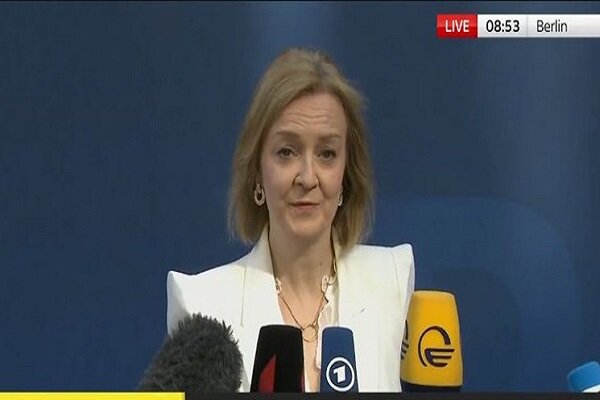New world geopolitics explained
Ever since the fall of the USSR in 1991, the global order had shifted toward a single axis and remained the same for well over 30 years. But the recent global events, whether the COVID pandemic, the global vaccination drive or Russia Ukraine all these had acted as catalysts in bringing a new world order.
There have been many changes, formation of groupings like Quad, NATO, G7, UNSC, AUKUS, Five Eyes and the introduction of new players like China and India, geopolitics has become complex and intricate in nature. With the introduction of globalization, every economy, market or sector is linked together to overcome obstacles and hardships and with time has become dependent on each other.
The shift in geopolitics, where is it headed? Who will come out on top? Which nation will succumb to the change? All these questions pop up and answering them ahead of time is not wise, because geopolitics is very versatile, a small event could change the entire outlook and with so many variables at play, a definite answer to these questions becomes next to impossible. But a well-thought analysis and research can be used to give a general direction to where the Global order is headed.
The new world order, will it be Unipolar, Bipolar or Multipolar?
With globalization, the world can no longer be unipolar, so it has to be one of the remaining two. Geopolitical analysts have been discussing the matter, some believe the world order will become bipolar i.e. US and China, whereas others disagree and promote the idea of multipolar world order.
For instance, India’s External affairs minister S. Jaishankar at GLOBSEC 2022 Brastaliva Forum was confronted with a question on the matter which was as follow,” Mr Jaishankar there will always be two axis at this point, I think it’s an understood accepted fact that you have the west, US lead, you have china as the next potential axis where does India fit into this” to which he cut in and answered,” No I’m sorry that is exactly where I disagree with you this is the construct you are trying to impose on me and I don’t accept it, I don’t think it’s necessary for me to join this axis or not and if I am not joining this I must be with the other one I don’t accept that”.
Understanding the response and seeing the current global status, the possibility of a multipolar world is higher than it has ever been in the past.
Understanding the major players
US, Russia, and China are currently dominating the world order. China, through capturing markets with its products, has become the world’s manufacturing hub. The US, with its military influence, currently dominates global military power and Russia’s control over the energy sector (especially over Europe).
Other contender nations for the seat in the new world order are Japan, Israel, France, UK and India. Each one of these nations is a crucial player in the current global economy and has a certain degree of influence to cause a shift in global economic power. But the most prominent of them all is India.
The Indian administration has been working toward this goal ever since 2014 and has certainly made headway toward the centre of geopolitics. This became even clearer after the Afghanistan incident, as top officials like US’s CIA chief William Burns, MI6 chief Richard Moore and secretary of Russia security council Patrushev made a beeline to India’s National security advisor Ajit Doval to discuss the matters about Afghanistan and then again during Russia Ukraine war when India became the only nation to call a ceasefire to evacuate its national and others from the war-torn nation.
The year 2022 has been packed with visits of foreign nationals to India regarding trade agreements, security deals and the war in Europe. India is even in pursuit of a seat at the UN Security Council and has the support of 4 out of 5 veto countries.
The future and what it holds
As mentioned earlier, geopolitics will only get more complex with an increase in the number of players, trade agreements, security deals and multinational groupings. This in return gives rise to even more questions, will there be a Global NATO or China lead Global Security Initiative? Will Quad and AUKUS lead from the front? Is the new world going to be Europe and West-centric? Or will it be Indo-pacific-centric?
If Global NATO is introduced will it be different from NATO?
Who will Global NATO fight?
It will counter China’s lead Global Security Initiative. Both West and China are putting emphasis on the term Global, China is wary of Quad and clearly understands that Quad may very well be the foundation of Global NATO and thus, come up with its own Global Security Initiative to counter it. It seems like history is repeating itself. We had already witnessed similar circumstances: the formation of QUAD by the US and the Warsaw pact by the USSR during the Cold War.
Whatever may happen, there is a high probability that the future of geopolitics will be Indo-pacific centric and the major players are already preparing for it. It is needed to be explained that in the past many nations had suffered because of the discriminating policies of the West, like Korea, Vietnam, Iraq, Iran, Afghanistan, Libya, and Cuba to name a few. All such oppressed nations are looking for the moment which will bring a shift to the current world order and usher toward a multipolar world.
I hope all this may have helped you understand the complexity of geopolitics and how it alters the very rules and circumstances that a nation's administration has to move around with, it is like an ever-changing ocean current, hard to navigate and impossible to control.
Do share and comment!




Comments
Post a Comment